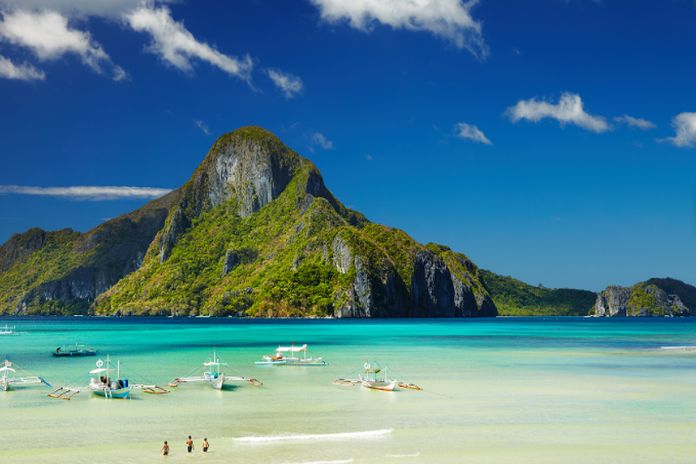Education and diversification recognized as key to future of tourism in Asia and the Pacific

ASIA – According to UN Tourism’s data, the sector is experiencing a rapid recovery in Asia and the Pacific, with arrivals reaching 82 percent of pre-pandemic levels in the first quarter of 2024, boosted by the re-opening of many destinations throughout 2023. Now, with full recovery on the horizon, the latest joint meeting of UN Tourism’s Commission for Asia and the Pacific (CAP) and its Commission of South Asia (CSA), focused on the challenges and opportunities for creating a positive and lasting transformation.
Guiding transformation and building resilience
The 36th meeting of the CAP-CSA welcomed more than 130 delegates from 25 countries and territories. All Members were provided with a comprehensive overview of UN Tourism’s work and achievements since the last meeting, with key priorities then presented for the years ahead.
UN Tourism Secretary-General Zurab Pololikashvili, said:
“As our data shows, tourism’s recovery is close to complete here in Asia and Pacific. We worked together to face the crisis head-on. And now we must work together to focus on our priorities for the future. That means supporting education, driving investments into our sector and further strengthening the ties between public and private to build resilience and advance sustainability and inclusive growth.”
Education the top-level tourism priority
Reflecting the high-level support given to tourism and to UN Tourism’s mission to guide the sector forward, Commission host the Philippines was represented by President Ferdinand Marcos Jnr, at the meeting. In his opening remarks president Marcos commended UN Tourism’s focus on education and training for the sector and stressed his commitment to wider sustainability efforts.
“Education is always going to make any industry better and certainly tourism is no different,” president Marcos said. “We need to raise the standards and practices in this crucial sector by investing in education, training, and skills upgrading of all the personnel who are working in this industry.”
Emphasising his government’s recognition of the importance of education, President Ferdinand Marcos expressed interest in opening a new Academy in Collaboration with UN Tourism in the Philippines. The institution would add to UN Tourism’s growing network of Academies, with education centres focusing on the specific needs of regions or on key skills needed for the future of tourism.
Resilience via green transformation
Within the framework of the joint Commission meeting, Member States in the region tabled a thematic discussion on product development emphasizing the need for green transformation to enhance the tourism sector’s competitiveness, while bolstering its resilience through the promotion of innovative and green solutions.
Untapping Gastronomy tourism’s potential
In Cebu, the spotlight was put on gastronomy tourism as one of the sure routes to progress product diversification to add value to the sector and accelerate recovery in the region. Here, UN Tourism hosted its first Regional Forum on Gastronomy Tourism for Asia and the Pacific, connecting public and private sector leaders with top entrepreneurs and leading chefs from the region and beyond. Discussions concluded with the Cebu Call to Action on Gastronomy Tourism, urging public and private leaders to integrate gastronomy tourism into policy, foster cross-sector cooperation, namely with agriculture and creative industries, support small businesses, and promote sustainable practices.
Secretary-General Polikashvili challenged tourism players to further capitalize on the region’s growing reputation as both a destination and leader in the field of gastronomy tourism. “My proposal is to leave a legacy… to create something an education center or gastronomic center here in Cebu,” he said.
Looking ahead to Indonesia
The meetings concluded with Members agreeing to accept Indonesia’s offer to host the 37th Joint Meeting of UN Tourism’s 2 Asian Commissions in 2025. The exact dates will be confirmed in due course.
Source: caribbeannewsglobal.com

